October is Breast Cancer Awareness month. Breast cancer is more common in women than in men. 1 in 7 women in the UK develop breast cancer during their lifetime. Breast cancer risk can be affected by age, family history and lifestyle factors such as obesity and smoking.
The main symptom reported is a lump however there are other symptoms to look out for:
- a new lump or thickening in your breast or armpit
- a change in size, shape or feel of your breast
- skin changes in the breast such as puckering, dimpling, a rash or redness of the skin
- fluid leaking from the nipple in a woman who isn’t pregnant or breastfeeding
- changes in the position of the nipple
The NHS has produced a five-point plan for being breast aware:
- know what is normal for you
- look at and feel your breasts
- know which changes to look for
- see your doctor about any unusual changes
- attend a screening if you are 50 years or older
What are the risk factors for breast cancer?
- Being overweight or obese – women who are overweight after menopause have a higher risk of breast cancer than those who are not overweight.
- Alcohol – drinking alcohol increases your risk of developing cancer
- Contraceptive pill – there is a small risk from taking the pill which reduces again after 10 years
- HRT
- Being inactive
Risk factors that you can’t change
- Getting older and family history and inherited genes
- Not having children or having them later in life
- Previous cancer
The good news is that breast cancer survival rates are generally really good especially if you are diagnosed early. Survival depends on the type and stage of the cancer.
Screening in the UK takes place for women aged 50-70 years. Catching cancer early gives you the best chance of being cured.
The screening in the UK is a test called a mammogram which can detect cancers too small to feel. Screening doesn’t prevent cancer, but hopefully, it will catch it early enough to give you a good chance of survival.




